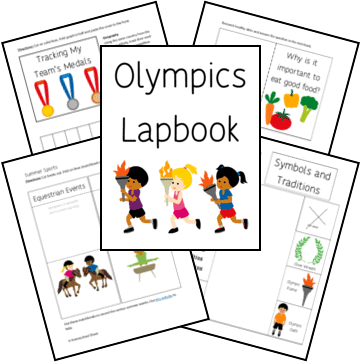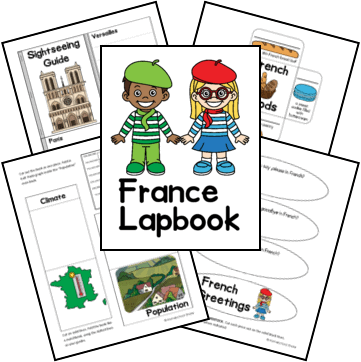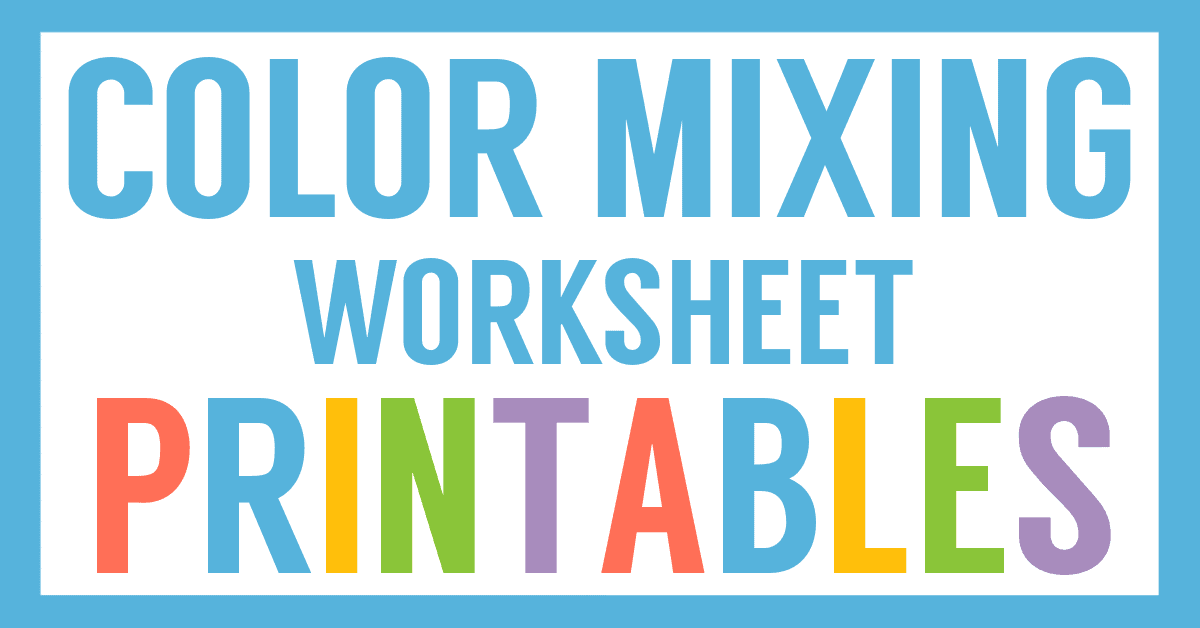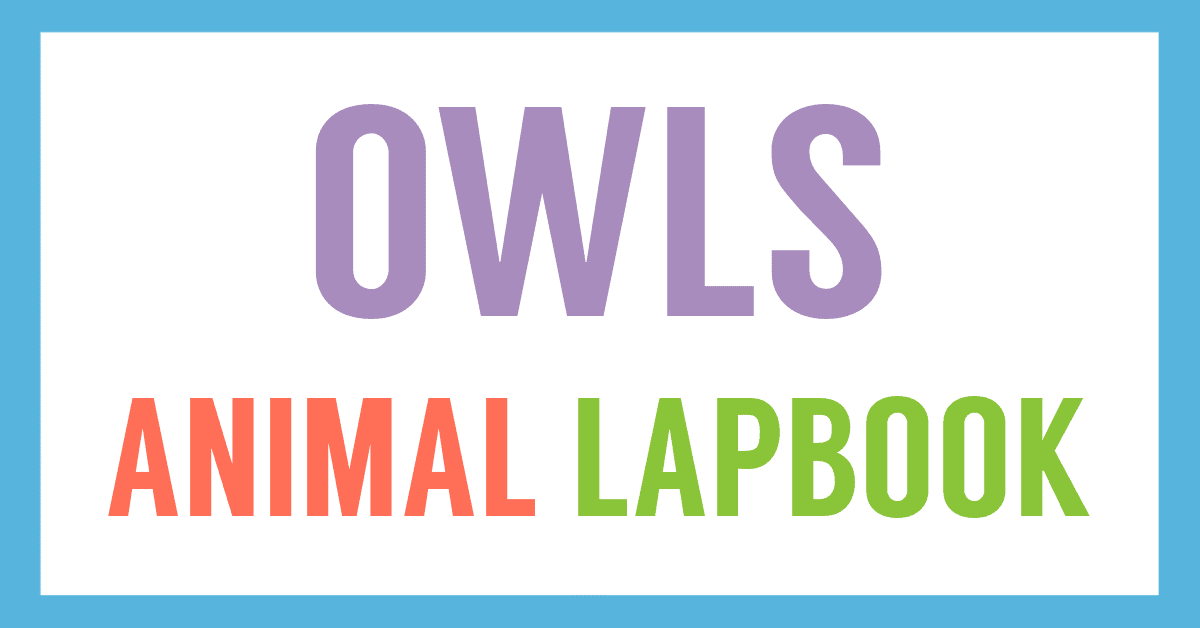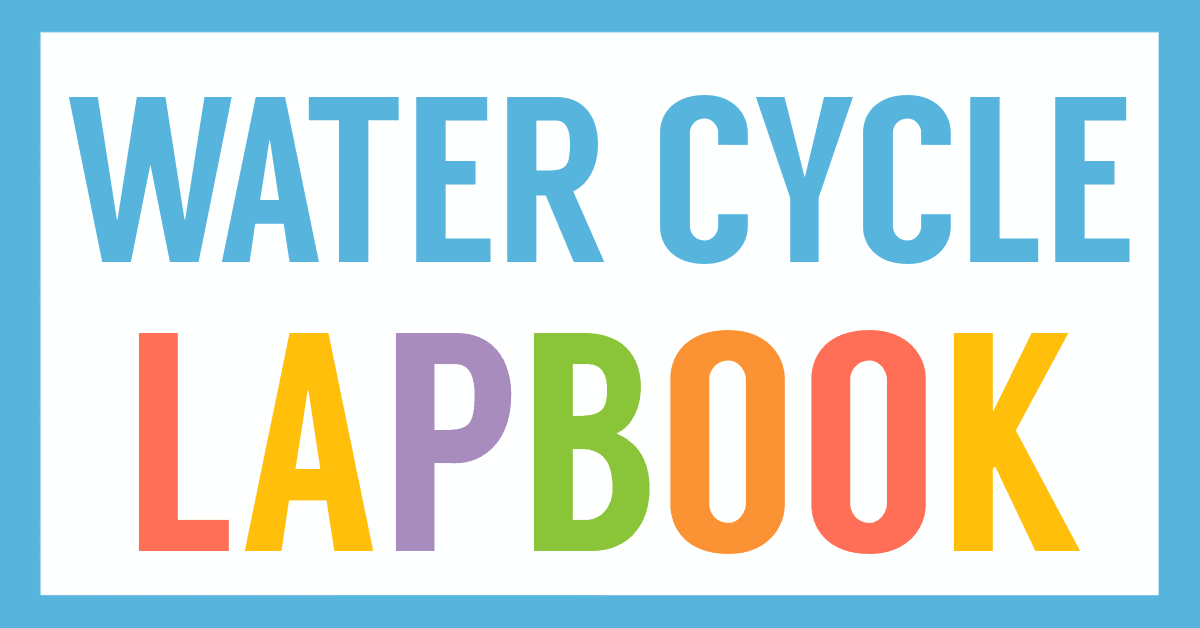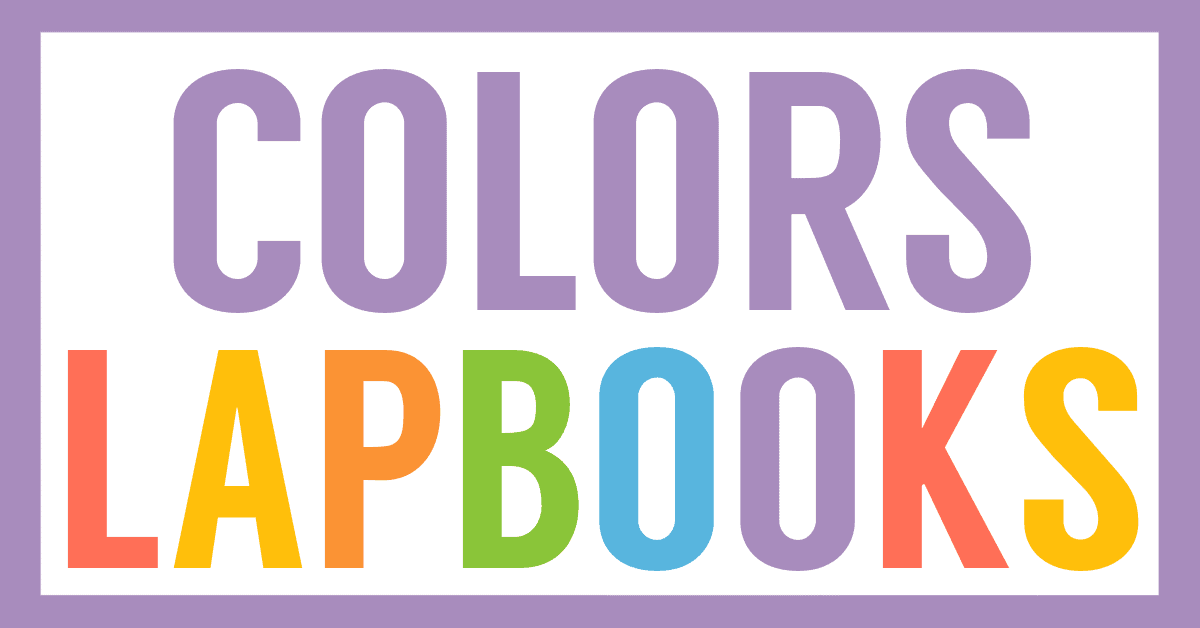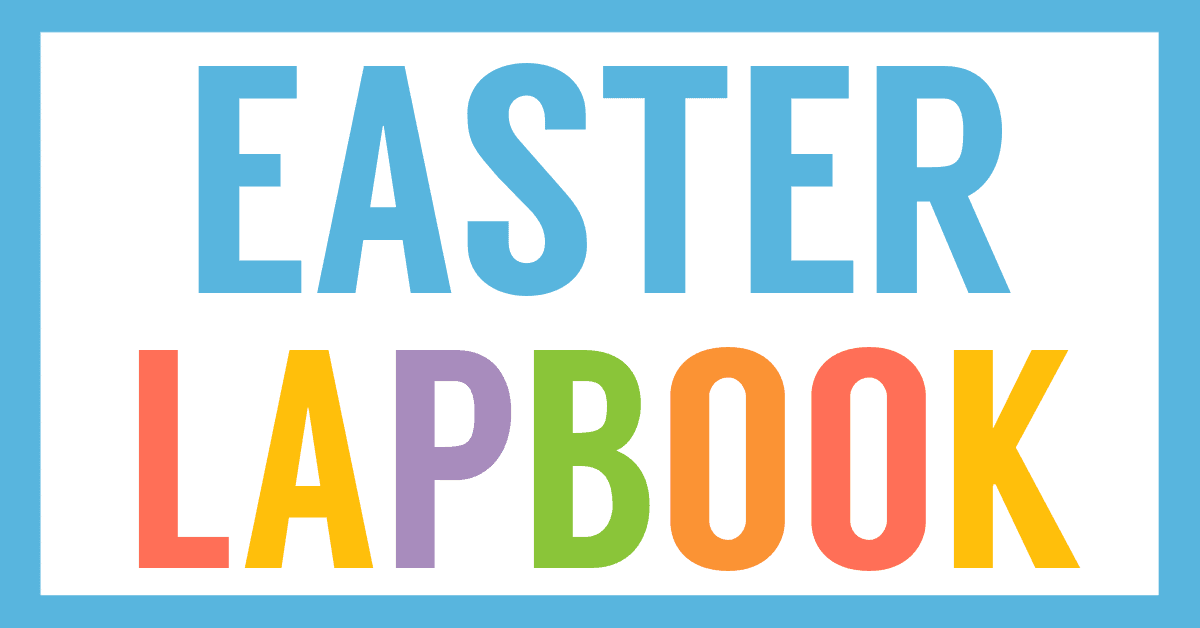Affiliate Disclaimer
We sometimes use affiliate links in our content. This won’t cost you anything, but it helps us to keep the site running. Thanks for your support.
Watching the world’s best athletes compete is inspiring and fascinating. Turn the next Olympic competition into a wonderful learning opportunity.
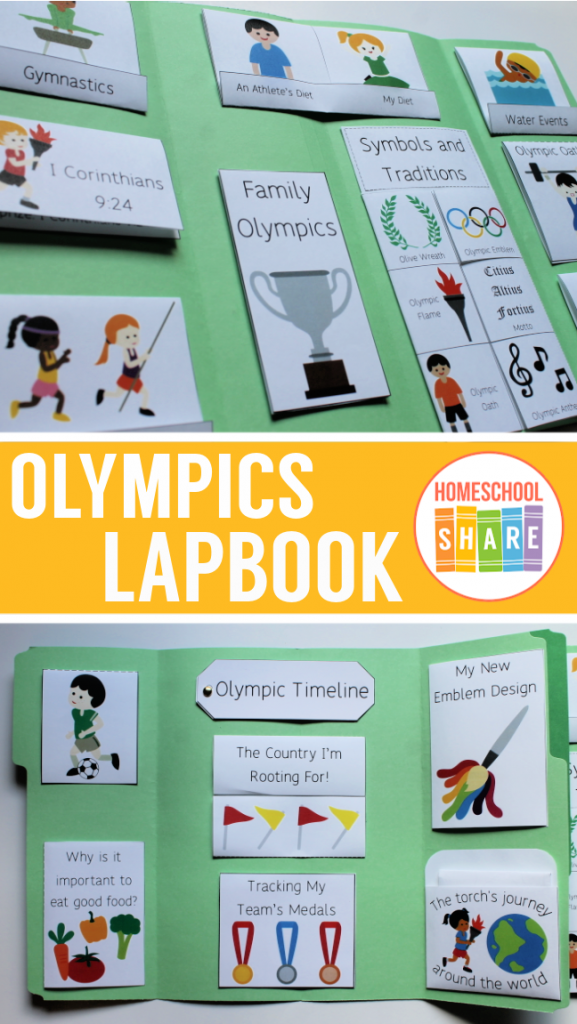
Olympics Lapbook Lessons
Here are some sample lessons from the Olympics Lapbook:
History: Symbols and Traditions of the Olympic Games
Motto – The Olympic motto is “Citius – Altius – Fortius” which is Latin for “ Faster, higher, stronger.” The meaning behind this motto is intended to focus on trying your best and not on winning first place.
Olympic Emblem & Flag– The emblem consists of five interlocking rings (blue, yellow, black, green & red) on a white background. It was designed in 1913 by Baron Pierre de Coubertin (the founder of the modern Olympics). Each of the five rings represents one of the significant continents in the world, and each color was chosen as at least one of them appeared on the flag of each country in the world. They are interlaced to represent the idea the games are universal and bring countries together.
An Olympic flag is raised in the opening ceremony of each Olympic games. On it are the same Olympic rings on a white background. At the closing of each Olympic games the mayor of the host city presents the flag to the mayor of the next host city. This mayor then keeps the flag in his town hall until the next Olympic games.
Olympic Flame – The ancient Greeks considered fire to have sacred qualities, and in the ancient Olympic games a fire was kept burning throughout the games. The fire was reintroduced during the 1928 games and has remained a part of it ever since as a symbol of peace between the continents. The flame is lit at the site of the ancient Olympic games in Olympia, Greece and continues on a tour of many of the participating countries ending at the home of the current year’s Olympic games.
Olympic Oath – During the opening ceremony one athlete recites the oath on behalf of all athletes. It states, “In the name of all competitors, I promise that we shall take part in these Olympic games, respecting and abiding by the rules that govern them, in the true spirit of sportsmanship, for the glory of sport and the honor of our teams”.
Olive wreath – The Olive tree was sacred to the ancient Greeks and therefore a reward of a wreath made from a branch of this sacred tree was considered great.
Olympic Anthem – This is also know as the Olympic Hymn and was composed by Spyros Samaras with words from a poem by the Greek poet Kostis Palamas. It was performed for the first time at the Games of 1896 and was declared the Olympic Anthem in 1958.
You can grab a copy of the entire Olympics Lapbook in an easy-to-print file at the end of this post.
Olympics Lapbook Printables
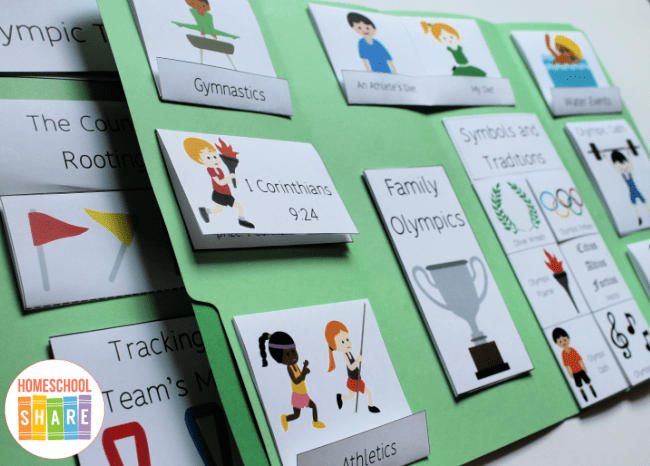
In addition to the research lessons, the file includes these mini-books for your student to create an Olympics Lapbook:
- Summer Sports Matchbook
- Winter Sports Matchbook
- Additional summer sports matchbooks to list various events: Equestrian Events, Gymnastics, Water Events, and Athletics
- Symbols and Traditions of the Olympic Games Shutter Flap Book
- The Torch’s Journey Map & Pocket
- The Country I’m Rooting For! Shutter Book
- Tracking My Team’s Medals Graph
- An Athlete’s Diet vs. My Diet Matchbook
- The Importance of a Good Diet Simple Fold Book
- The Olympic Oath Simple Fold Book
- My New Emblem Design Simple Fold Book
- Family Olympics Tri-fold Book
- I Corinthians 9:24 Simple Fold Book
- Olympic Timeline Fan
- Famous Olympian File Folder
- Weather Log (track the weather in the host country)
- My Report Form Pocket
- Report Forms: My Favorite Athlete, My Favorite Sport, and Eric Liddel
Olympic Games Book List
Suggested books for your Olympic Games studies:
- Eric Liddell: Something Greater than Gold by Janet Benge
- Hour of the Olympics by Mary Pope Osbourne
- Ancient Greece and the Olympics by Mary Pope Osbourne
- Wilma Rudolph: Olympic Runner (Childhood of Famous Americans Series)
- Wilma Unlimited: How Wilma Rudolph Became the World’s Fastest Woman by Kathleen Krull
- Jim Thorpe: Olympic Champion (Childhood of Famous Americans Series)
- Picture Book of Jesse Owens by David A. Adler
Olympic Lapbook Sample
This sample lapbook uses two file folders glued together.
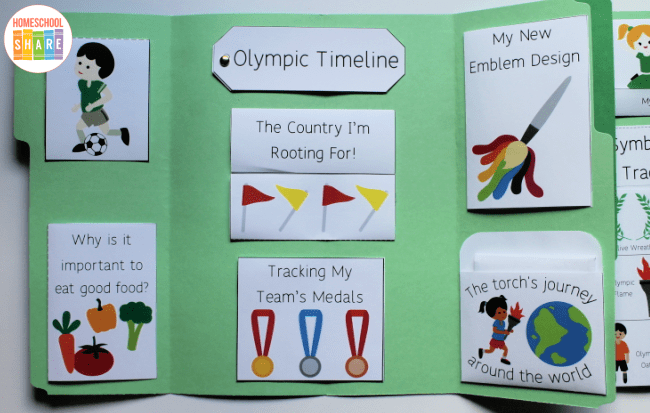
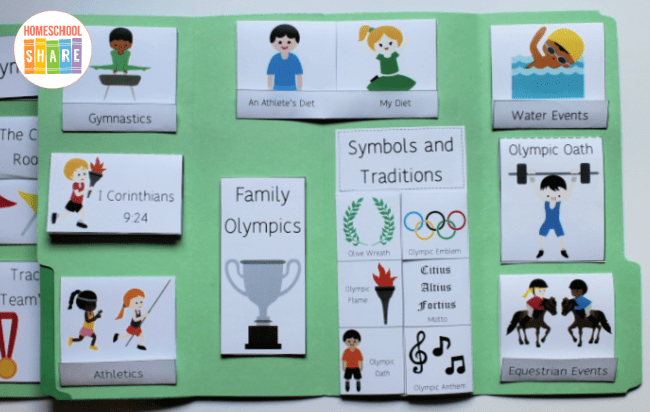
How to Get Started with Your Olympics Lapbook
Follow these simple instructions to get started with the Olympics Lapbook.
- If you want, go to your local library and check out books about the Olympics.
- Print the Olympic Lapbook.
- Choose and prepare the mini-books you want to use with your student.
- Enjoy a week of reading and learning all about the Olympics!
Download Your Free Olympics Lapbook
Simply click on the image below to access your free Olympics Lapbook.
More Resources for Your Olympics Unit Study
The 2022 Olympic Games will be held in China. Learn more about China with this free lapbook.
The 2024 Olympic Games will be held in Paris. Learn more about France with this free lapbook.

